Peugeot 2008 vs VW T-Cross - Differences and prices compared
Compare performance (156 HP vs 150 HP), boot space and price (24500 £ vs 21400 £ ) at a glance. Find out which car is the better choice for you – Peugeot 2008 or VW T-Cross?
Costs and Efficiency:
Looking at overall running costs, both models reveal some interesting differences in everyday economy.
VW T-Cross has a a bit advantage in terms of price – it starts at 21400 £ , while the Peugeot 2008 costs 24500 £ . That’s a price difference of around 3068 £.
Fuel consumption also shows a difference: Peugeot 2008 manages with 4.90 L and is therefore a bit more efficient than the VW T-Cross with 5.40 L. The difference is about 0.50 L per 100 km.
Engine and Performance:
Power, torque and acceleration say a lot about how a car feels on the road. This is where you see which model delivers more driving dynamics.
When it comes to engine power, the Peugeot 2008 has a slight edge – offering 156 HP compared to 150 HP. That’s roughly 6 HP more horsepower.
In acceleration from 0 to 100 km/h, the Peugeot 2008 is slight quicker – completing the sprint in 8.30 s, while the VW T-Cross takes 8.40 s. That’s about 0.10 s faster.
There’s also a difference in torque: Peugeot 2008 pulls hardly perceptible stronger with 270 Nm compared to 250 Nm. That’s about 20 Nm difference.
Space and Everyday Use:
Cabin size, boot volume and payload all play a role in everyday practicality. Here, comfort and flexibility make the difference.
Both vehicles offer seating for 5 people.
In curb weight, Peugeot 2008 is barely noticeable lighter – 1263 kg compared to 1267 kg. The difference is around 4 kg.
In terms of boot space, the VW T-Cross offers minimal more room – 455 L compared to 434 L. That’s a difference of about 21 L.
When it comes to payload, VW T-Cross slight takes the win – 480 kg compared to 447 kg. That’s a difference of about 33 kg.
Who wins the race in the data check?
The Peugeot 2008 stands out in the key areas in the objective data comparison.
This result only shows which model scores more points on paper – not which of the two cars feels right for you.
Costs and Consumption
View detailed analysis
Engine and Performance
View detailed analysis
Dimensions and Body
View detailed analysis
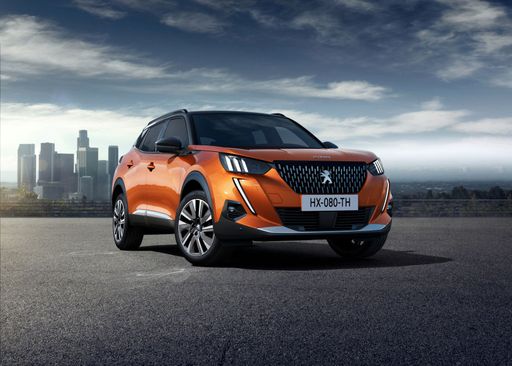
Peugeot 2008
Peugeot 2008
The Peugeot 2008 is a stylish, city-friendly crossover that packs big character into a compact package, turning mundane errands into a mildly entertaining drive. Its clever interior layout, polished looks and confident ride make it a smart choice for buyers who want practical daily sense with a touch of flair.
details
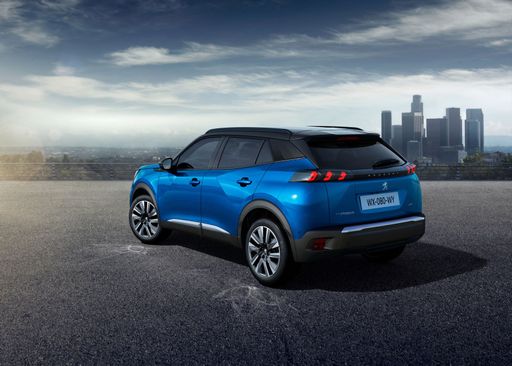
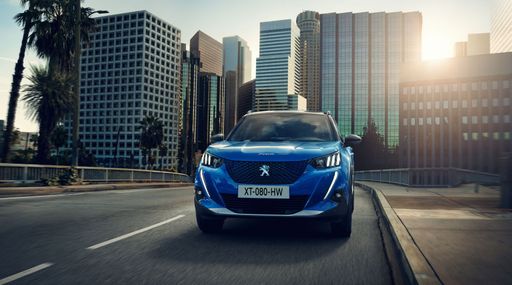
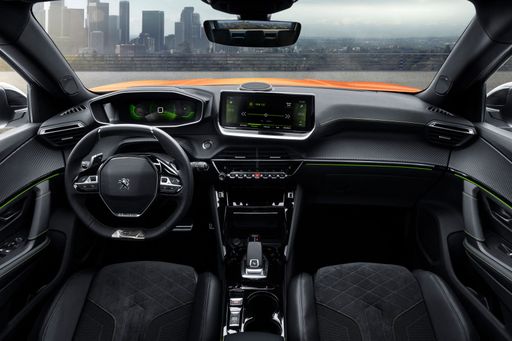
VW T-Cross
The VW T-Cross turns everyday practicality into a style statement, offering a roomy-feeling cabin, clever storage and playful design that suits town life and family duties alike. On the road it's composed and relaxed, rewarding buyers who want the raised seating and confident presence of an SUV without the weighty compromises.
details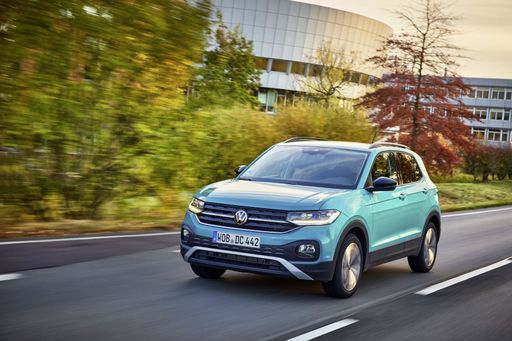
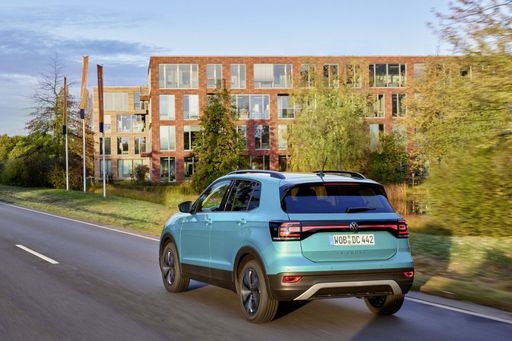
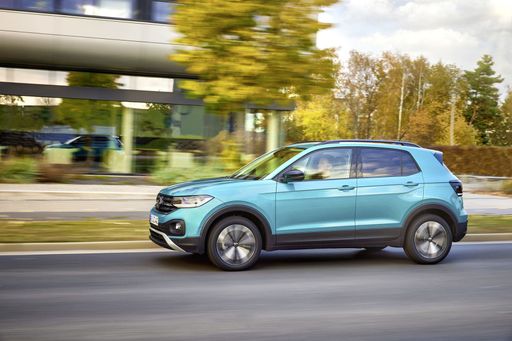
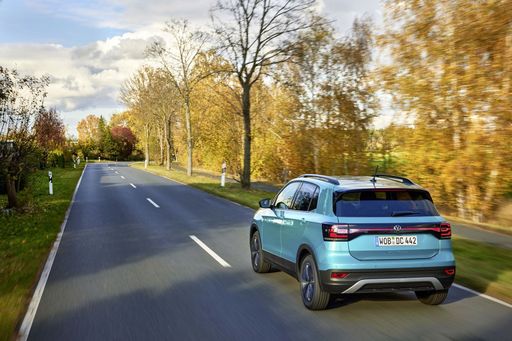
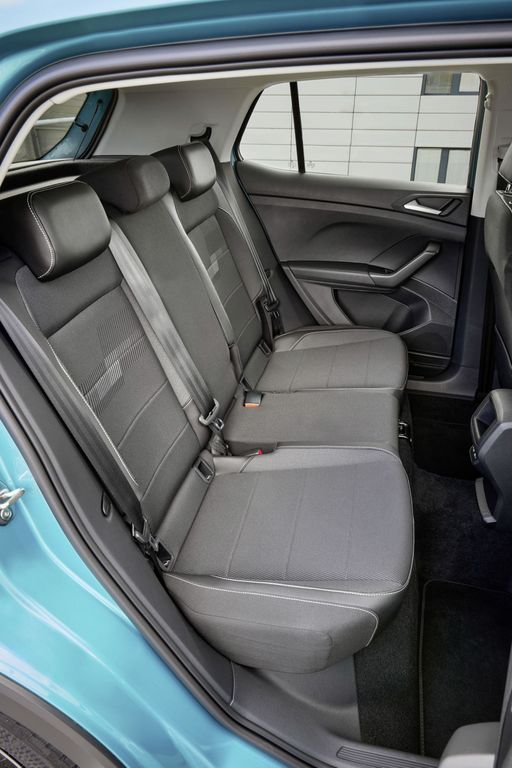
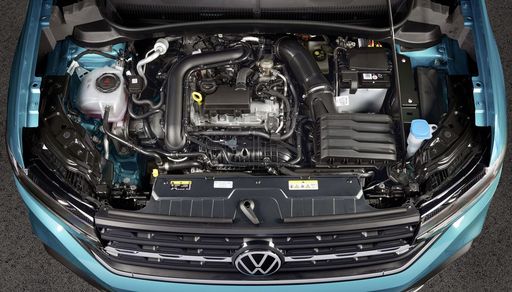
Costs and Consumption |
|
|---|---|
|
Price
24500 - 40300 £
|
Price
21400 - 32000 £
|
|
Consumption L/100km
4.9 - 5.7 L
|
Consumption L/100km
5.4 - 6 L
|
|
Consumption kWh/100km
15.50 kWh
|
Consumption kWh/100km
-
|
|
Electric Range
406 km
|
Electric Range
-
|
|
Battery Capacity
51 kWh
|
Battery Capacity
-
|
|
co2
0 - 129 g/km
|
co2
124 - 136 g/km
|
|
Fuel tank capacity
44 L
|
Fuel tank capacity
-
|
Dimensions and Body |
|
|---|---|
|
Body Type
SUV
|
Body Type
SUV
|
|
Seats
5
|
Seats
5
|
|
Doors
5
|
Doors
-
|
|
Curb weight
1263 - 1623 kg
|
Curb weight
1267 - 1338 kg
|
|
Trunk capacity
434 L
|
Trunk capacity
455 L
|
|
Length
4304 mm
|
Length
-
|
|
Width
1770 mm
|
Width
1784 mm
|
|
Height
1523 mm
|
Height
-
|
|
Max trunk capacity
1467 L
|
Max trunk capacity
-
|
|
Payload
407 - 447 kg
|
Payload
463 - 480 kg
|
Engine and Performance |
|
|---|---|
|
Engine Type
Electric, Petrol MHEV, Petrol
|
Engine Type
Petrol
|
|
Transmission
Automatic, Manuel
|
Transmission
Manuel, Automatic
|
|
Transmission Detail
Reduction Gearbox, Dual-Clutch Automatic, Manual Gearbox
|
Transmission Detail
Manual Gearbox, Dual-Clutch Automatic
|
|
Drive Type
Front-Wheel Drive
|
Drive Type
Front-Wheel Drive
|
|
Power HP
101 - 156 HP
|
Power HP
95 - 150 HP
|
|
Acceleration 0-100km/h
8.3 - 10.9 s
|
Acceleration 0-100km/h
8.4 - 11.3 s
|
|
Max Speed
150 - 206 km/h
|
Max Speed
-
|
|
Torque
205 - 270 Nm
|
Torque
175 - 250 Nm
|
|
Number of Cylinders
3
|
Number of Cylinders
3 - 4
|
|
Power kW
74 - 115 kW
|
Power kW
70 - 110 kW
|
|
Engine capacity
1199 cm3
|
Engine capacity
999 - 1498 cm3
|
General |
|
|---|---|
|
Model Year
2023 - 2025
|
Model Year
2024 - 2025
|
|
CO2 Efficiency Class
A, C, D
|
CO2 Efficiency Class
D, E
|
|
Brand
Peugeot
|
Brand
VW
|
Is the Peugeot 2008 offered with different drivetrains?
The Peugeot 2008 is available as Front-Wheel Drive.




